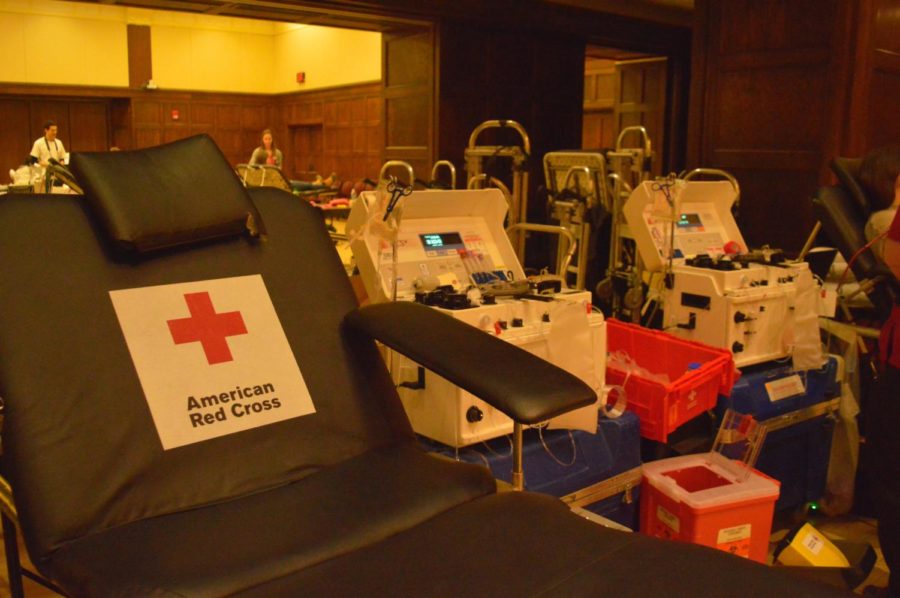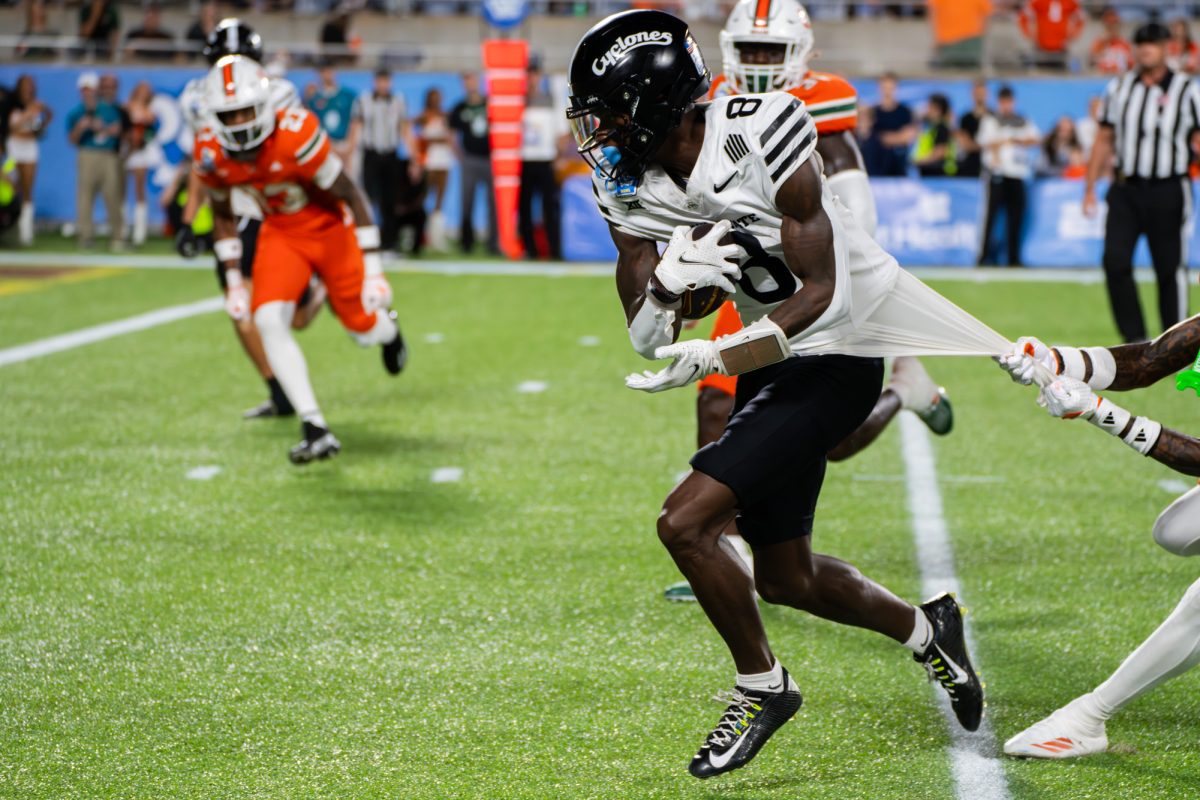Letter: Blood drives are a slap in the face of the LGBT+ community
March 1, 2021
I’m sure I’m not the only student who received the “invitation” to sign up for this month’s blood drive. It’s a wonderful thing, giving blood. “Just one donation can save three lives.”
It’s a noble thing, wanting to give to those in need, especially in the middle of this pandemic. And yet, not all of us have that opportunity. Instead, a blood drive is a reminder to every member of the LGBT+ community of exactly how the government and medical establishment view us.
In the 1980s, in response to the HIV/AIDS epidemic in the United States, the Food and Drug Administration (FDA) barred any “man who has had sexual intercourse with another man.” At the time, it was a lifetime ban.
A few years ago, they graciously shortened that ban to “in the last 12 months,” which is still a lifetime ban as far as anyone was concerned.
Then COVID-19 happened, and they shortened it again to three months because there was a shortage of blood. Again, that’s still a lifetime ban for anyone that falls under that restriction.
You see, I’m a bisexual, cisgendered male. I’m engaged to my partner of seven years. So, yeah, I certainly fall under that deferral provision. I came out to the world at 21 in 2009. Between 16 and 19, I gave blood a total of 12 times.
Since 2009, I’ve been banned from giving blood. Lifetime ban, 12 months, three months, it’s a slap in the face to the LGBT+ community. I, and everyone like me, can’t give blood because the FDA made a knee-jerk reaction 30 years ago.
The email says that the blood drive starts on the eighth of this month. That’s great. Give blood. Save those lives. It’s a noble cause. But for the LGBT+ community, you should have sent the notice in December. So we could follow the “three-month deferral period” the FDA so graciously offers us.
Jason Osborne is a sophomore in business economics.







